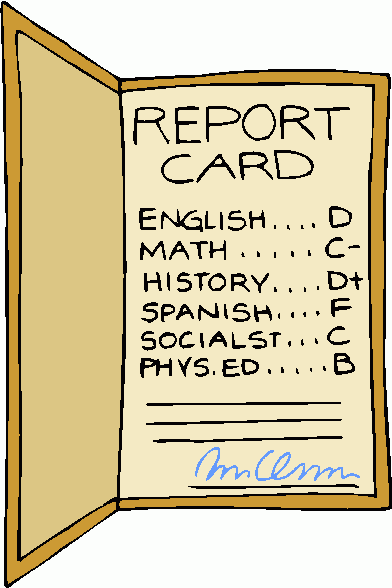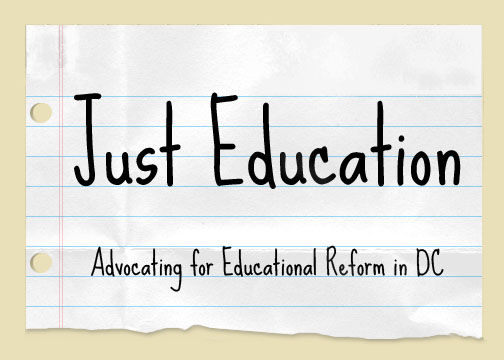This Saturday, several DC Reads coordinators attended a neighborhood celebration to mark the awarding of a $500,000 federal grant to the Parkside-Kenilworth community in Ward 7 for the planning and implementation of a new Promise Neighborhood. The site in Ward 7 is one of 21 across the country that was recently selected by the U.S. Department of Education for its Promise Neighborhood Planning Grant program, and it includes Kenilworth Elementary School, which is one of the places where we tutor on Friday afternoons.
 Location of the new Promise Neighborhood (click to enlarge)
Location of the new Promise Neighborhood (click to enlarge)DC's Promise Neighborhood will be modeled, in part, after the
Harlem Children's Zone in New York, which spans a 100 block radius and takes a community-based approach to improving educational outcomes for kids. The idea is that by working to comprehensively build communities, we will also insure that students achieve at a higher level; both the Harlem Children's Zone and the Promise Neighborhood planned for DC seek to foster a safe, nurturing environment for kids by combining good schools, after-school programs, and other opportunities to engage youth with affordable housing and health care, job training, and other so-called "wraparound services" for adults.
The celebration on Saturday took place at the Mayfair Mansions, a sprawling complex of several apartment buildings in the Promise Neighborhood community. There was free food and a live DJ who led several games of musical chairs with the children in attendance. There were also two ponies. At one point, about two dozen people got up to do the Cha-Cha Slide, which drew Noelle's excitement, and she did an awesome job following along.
 Noelle does the Cha-Cha Slide
Noelle does the Cha-Cha SlideSeveral community-based organizations that will be involved with the new Promise Neighborhood were also in attendance, so it was good for DC Reads to be present and explain our role in the community. Certainly our tutoring program plays a big part in offering the kind of comprehensive support for kids that the Kenilworth-Parkside neighborhood will aim to encourage with its new grant, and we did a lot of networking with the other organizations that were out on Saturday. The woman representing Head Start, which helps low-income kids go to preschool, actually turned out to be the grandmother of one of my tutees in the fourth and fifth grade program at Houston Elementary School, which is located just outside of the Promise Neighborhood area. Aside from being a nice coincidence, I think this really illustrates why DC Reads tries to establish its presence in the communities where we serve. The more we can show up and make connections with people who have a stake in our success, the more successful we will ultimately be.

For more information on the Parkside-Kenilworth Promise Neighborhood,
check out their website. We'll also keep you updated on its progress as the year progresses.
 By Matt Buccelli
By Matt Buccelli 










